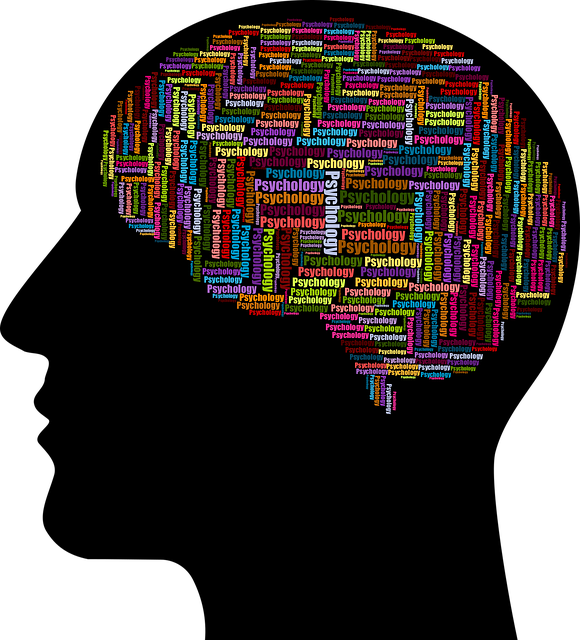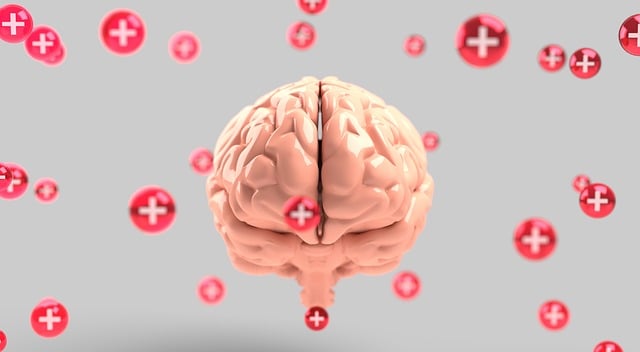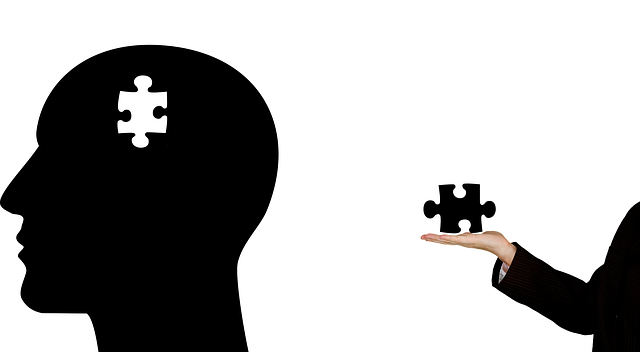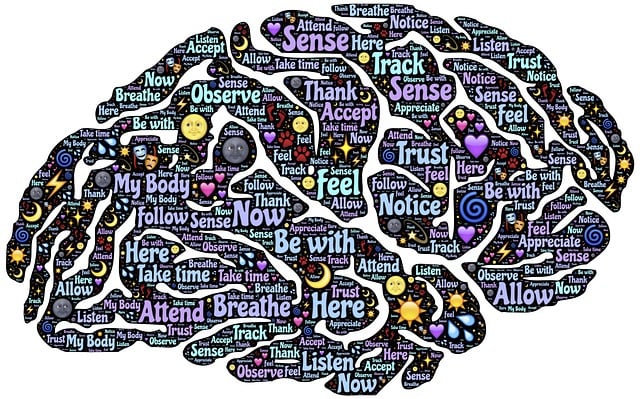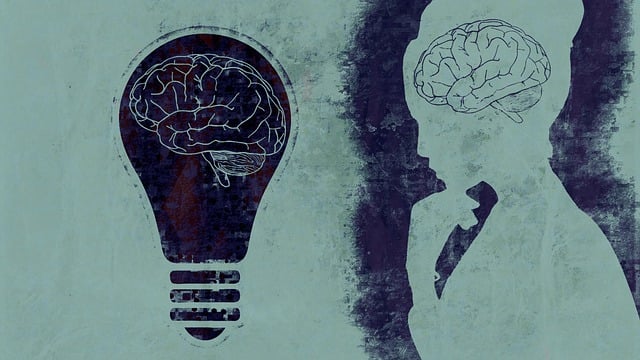TL;DR:
Exposure and Response Prevention (ERP), an evidence-based therapy for adults, tackles anxiety disorders by gradually exposing individuals to fears and teaching them coping strategies. Effective coaching programs combine ERP with empathy and support, incorporating emotional well-being techniques for holistic mental health improvement. Structured assessments, client feedback, and KPI measurements are vital for continuous program enhancement. Cultural sensitivity is key for better engagement and outcomes in mental healthcare, fostering a dynamic coaching model that adapts to evolving community wellness needs.
Mental wellness coaching programs have emerged as a powerful tool for adults seeking support. This article delves into the transformative potential of mental wellness coaching, highlighting its benefits and exploring effective strategies. We delve into therapy techniques like Exposure and Response Prevention (ERP), proven to be highly effective in addressing anxiety disorders. By understanding the core principles and implementing best practices, coaches can design programs that foster resilience and enhance well-being. Through evaluation and continuous improvement, these initiatives ensure optimal outcomes for individuals navigating mental health challenges.
- Understanding Mental Wellness Coaching and Its Benefits for Adults
- Therapy for Adults: Unveiling the Power of Exposure and Response Prevention (ERP)
- Designing Effective Coaching Programs: Strategies and Techniques
- Implementation, Evaluation, and Continuous Improvement in Mental Health Coaching
Understanding Mental Wellness Coaching and Its Benefits for Adults

Mental wellness coaching is a therapeutic approach designed to support adults in managing their mental health proactively. Unlike traditional therapy, which often involves structured sessions and long-term commitments, coaching focuses on empowering individuals to take charge of their well-being. Through tailored strategies and guidance, coaches help clients identify triggers, develop coping mechanisms, and cultivate resilience.
One effective technique within this framework is Exposure and Response Prevention (ERP), a evidence-based method proven to be beneficial for various mental health conditions such as anxiety and depression. ERP encourages individuals to gradually face their fears in controlled environments, thereby reducing avoidance behaviours and the associated distress. By integrating these innovative practices into coaching programs, professionals can offer adults practical tools to enhance their mental wellness, fostering better overall well-being and improved quality of life.
Therapy for Adults: Unveiling the Power of Exposure and Response Prevention (ERP)

In the realm of therapy for adults, Exposure and Response Prevention (ERP) is emerging as a powerful tool to combat anxiety disorders. This innovative approach leverages the mind’s natural process of learning and adaptation. By gradually exposing individuals to feared situations or triggers, ERP helps rewire neural pathways, reducing the intensity of anxious responses over time. It’s about understanding that our thoughts, feelings, and behaviors are interconnected, and by changing our reactions to stressors, we can significantly improve mental health awareness and overall well-being.
The process involves a collaborative partnership between the coach and the client, where personalized strategies are developed to confront and manage anxiety. This could include cognitive reframing techniques that challenge negative thought patterns, mindfulness practices to foster compassion cultivation, and behavioral experiments to test and modify responses. By applying mind over matter principles, individuals gain control over their reactions, leading to lasting changes in their mental health journey.
Designing Effective Coaching Programs: Strategies and Techniques

Designing effective coaching programs requires a strategic approach that combines evidence-based techniques with an empathetic, supportive environment. For adults seeking therapy, Exposure and Response Prevention (ERP) has proven to be a powerful tool in treating anxiety disorders. ERP involves gradually exposing individuals to feared situations or stimuli while teaching them coping strategies to manage their responses. This process helps to reduce avoidance behaviors and anxiety over time.
Coaching programs should also incorporate Emotional Well-being Promotion Techniques to enhance overall mental health. By focusing on resilience building, these techniques equip individuals with the skills to navigate stress, adversity, and depressive episodes effectively. Depression prevention is not just about identifying early warning signs but empowering clients with tools for self-care and emotional regulation. A holistic approach that integrates ERP with other therapeutic modalities ensures tailored support catering to diverse mental health needs.
Implementation, Evaluation, and Continuous Improvement in Mental Health Coaching

Effective mental wellness coaching programs require a structured approach to implementation, evaluation, and continuous improvement. Once launched, regular assessment is crucial to gauge the program’s impact on participants’ mental health. This involves collecting feedback from clients, measuring key performance indicators (KPIs), and analyzing the success of specific interventions like therapy for adults using Exposure and Response Prevention (ERP) techniques.
Through this process, coaches can identify areas needing enhancement, ensuring the program stays relevant and effective. For instance, evaluating client satisfaction with ERP sessions could reveal the need for more tailored self-care routine development for better mental health. Additionally, considering cultural sensitivity in mental healthcare practice is essential, as it can impact engagement and outcomes. This iterative process fosters a dynamic coaching model that adapts to evolving needs, ultimately enhancing public awareness campaigns development and overall mental wellness within the community.
Mental wellness coaching programs, particularly those incorporating Therapy for Adults and Exposure and Response Prevention (ERP) techniques, offer a powerful tool for enhancing mental health. By designing effective programs with strategic techniques, we can significantly improve outcomes and navigate individuals towards better well-being. Continuous evaluation and adaptation ensure these initiatives remain impactful, fostering resilience and empowering folks to take control of their mental health journeys.

